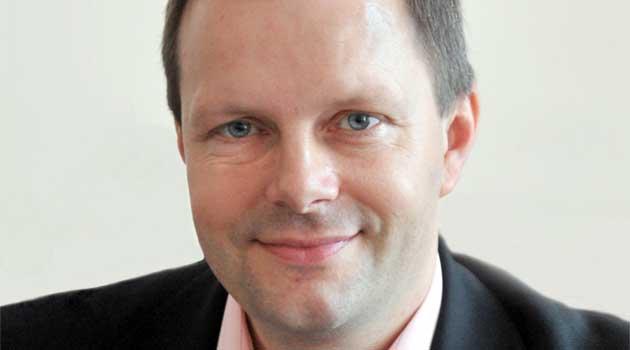Commentary: Embarrassing ministerial games about Romani children and the "special schools"

On 12 March a sad and serious fact about the discrimination of Romani children in the Czech Republic was confirmed: The approach of the Czech Education Ministry continues to show that it does not take seriously the notion that schools should be open to all children and that Romani children should enjoy equal access to education. The ministry’s position on this issue is embarrassing at the very least.
When one compares the headlines in the Czech media with the title of the ministry’s press release, it tells us a lot:
The Czech News Agency’s headline was "Council of Europe says proportion of Roma in special classes still too high".
IDNES.cz’s headline was "Council of Europe lectures Czech Republic: Still too many Roma in practical schools".
The Education Ministry’s press release was entitled "Czech Republic praised for pro-inclusive steps".
Where are the Romani children?
institutions. The Committee regularly evaluates the degree to which the Czech Republic is implementing the 2007 D.H. judgment of the European Court of Human Rights, in which the court found that the country had committed discrimination in its assignment of Romani children to the "special schools".
During Thursday’s session, the Committee stated that there are still too many Romani children in the Czech "practical schools", even though the country has actually been trying to support inclusive education in recent years. "We understand that combating discrimination is a complex problem that requires both a change in people’s attitudes and a change in the laws – as well as the full support of civil society," said Ulrich Bunjes, the Special Representative of the Secretary-General of the Council of Europe on Roma Issues.
Bunjes said the number of pupils (both non-Romani and Romani) in special classes and schools in the Czech Republic has actually been constantly declining in recent years, from 17 755 in 2008 to 10 695 in 2014. However, as far as Romani children are concerned, the progress is not sufficient.
"The proportion of Romani children in special classes and schools rose during the last school year, from 28.2 % to 32.4 %. At the same time, the proportion of Romani children in mainstream schools fell from 10.3 % to 9.5 %," Bunjes said.
The Czech Education Ministry’s press release, however, reads as follows: "The Committee of Ministers of the Council of Europe welcomed the pro-inclusive steps developed by the Czech Education Ministry that were adopted in the context of the D.H. Judgment. The situation that the Czech Republic has faced in previous years in connection with this judgment has significantly calmed. ‘I greatly welcome the Council of Europe’s statement. I anticipated this result, given that we have undertaken many pro-inclusive measures,’ Czech Education Minister Marcel Chládek said in response to the Strasbourg report."
Chládek recently also bragged that Czech School Inspection Authority statistics show that roughly 400 Romani children were transferred last year from "special schools" to normal ones. The press department of the Education Ministry said the following to news server Romea.cz on this issue: "The Czech School Inspection Authority has collected this data for the second school year in a row as part of its Action Plan of measures to implement the D.H. judgment. According to their findings, the number of Romani pupils educated according to the Framework Educational Program for Primary Education with an Appendix for Mild Mental Disability [i.e., in the "practical schools" – Editors] fell by 11 % compared to last year."
What is Chládek’s main concern?
Let’s summarize: According to the Czech media, the Council of Europe is criticizing the Czech Republic, but according to the ministry, the country has just been praised. Certainly this discrepancy could be because there is a tendency in the media to dramatize reporting and to suppress positive news, which is considered less interesting than bad news is.
However, we also have these specific numbers to contend with. According to the Council of Europe, the percentage of Romani children in the "special schools" is growing and the number in "normal" schools is declining.
According to the Education Minister, we have undertaken "many pro-inclusive measures". According to the Council of Europe’s Special Representative, the number of Romani children in the "special schools" has risen by more than 4 %.
According to the minister, what is important is that roughly 400 Romani children no longer attend such instruction. Yes, such a change is naturally important.
The problem is whether we are to consider it "inclusion" when, even though there are fewer Romani children in the "special schools", such children continue to comprise an even bigger, firmer core of the children remaining in them as well. It seems that Minister Chládek is primarily concerned with how he and his ministry look on the political scene.
His main concern is to praise himself (if the Council of Europe won’t do it for him). It is less clear whether he is really concerned about inclusive education and stopping the discrimination of Romani children in the Czech school system.